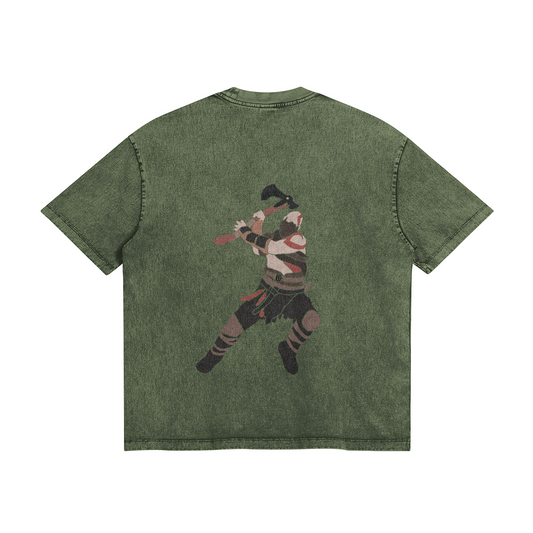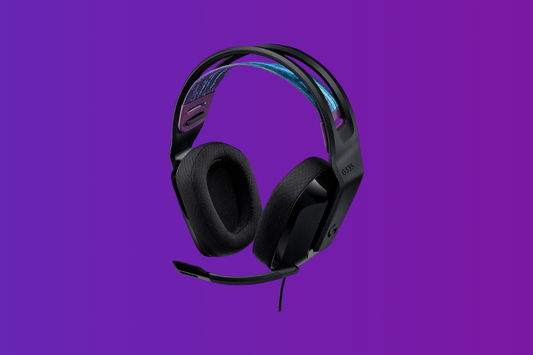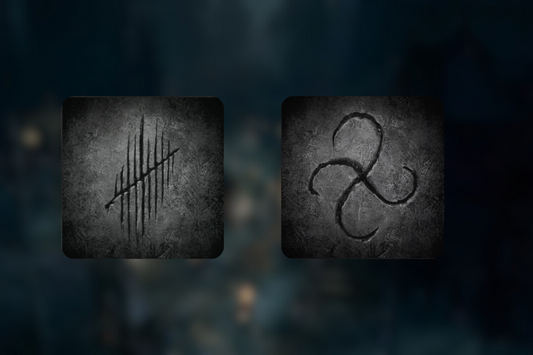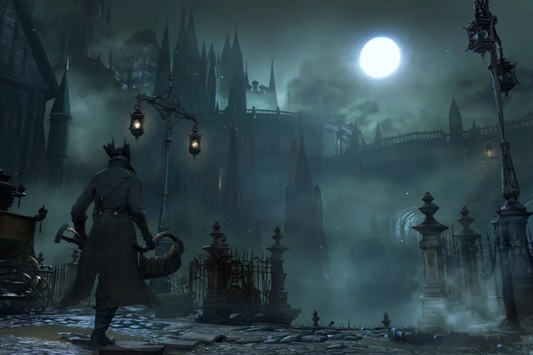If you're diving into the world of God of War, you're in for one of the most immersive and rewarding experiences in modern gaming. Whether you're a returning veteran or a newcomer ready to wield the Leviathan Axe for the first time, becoming a true warrior in this world requires more than brute strength. With carefully tuned combat, rich exploration, and a deeply strategic upgrade system, God of War rewards players who understand the game's rhythm and hidden depth.
Find Your Combat Flow
In the early hours of God of War, combat may feel slower than most action games. That’s intentional. The game challenges you to be deliberate with every strike, dodge, and parry. Light attacks serve as the backbone of your offense—quick, efficient, and great for disrupting enemies mid-swing. Heavier attacks, on the other hand, are perfect for punishing staggered foes or dealing with heavily armored enemies, but require better timing and positioning.
Perhaps the most overlooked aspect of combat is defensive mastery. Parrying can often do more than blocking—it opens windows for counters and staggers that let you control fights instead of just surviving them. Perfect timing here is essential. And when you can’t block an incoming attack? That’s where your dodging instincts need to shine. Some of the game’s toughest enemies are more about patience and awareness than power.
Use the World to Your Advantage
Combat in God of War isn't limited to your axe or blades. The environment often offers subtle, tactical advantages. Whether it’s tossing an enemy off a ledge or smashing them into a stone wall, you’ll find opportunities in every arena to deal damage creatively. Even the smallest objects—crates, hanging jars, or lanterns—can be used to inflict extra damage or create openings for attack.
Scattered throughout the world are destructible objects like barrels and urns that often contain hacksilver, health boosts, or rage fuel. Taking a moment to smash these before moving forward might save you mid-fight.
Explore Beyond the Path
The game’s main quest line is gripping, but some of the best rewards lie off the beaten path. Hidden areas offer legendary chests, upgrade resources, and artifacts that enrich both your character and the game’s lore. Side quests—referred to as “favors”—provide not only experience points and items but also some of the most emotional and memorable moments in the game.
You’ll often find alternate routes in the form of small gaps, climbable ledges, or puzzle-locked doors. These aren’t just filler—they usually lead to significant upgrades like Idunn Apples or Horns of Blood Mead, which are key to increasing your health and rage meters.
Upgrade with Purpose
It can be tempting to sink XP into every flashy skill as soon as it's available, but true mastery comes from focused investment. Each weapon has its own skill tree, and selecting abilities that align with your playstyle will benefit you far more than unlocking everything at once. For instance, players who rely on parries should prioritize skills that reward defensive counters, while aggressive players should upgrade combos that deal high burst damage.
Runic attacks, which you can equip for both the Leviathan Axe and Blades of Chaos, also drastically affect combat. Some are great for crowd control, others for single-target bosses. Swapping them out to suit your next encounter is a habit that pays off.
Eventually, you’ll also gain access to mod tokens—upgrades that let you enhance specific skills. Once a skill reaches gold tier through repeated use, you can fine-tune its effect to deal more damage, stun, or increase resistance.
Find Armor That Matches Your Strategy
Armor sets in God of War aren’t just for aesthetics—they define your build. Early in the game, you’ll likely rely on balanced sets that boost healing or provide extra hacksilver. As you progress, you can specialize. Some sets focus on poison damage or health regeneration, while others boost your raw strength and critical hit rate.
By mid-game, you’ll encounter armor that synergizes with your runes and weapon loadouts. Late-game sets like the Berserker or Dragon Scaled armor offer massive stat boosts and powerful perks, but only if you’ve learned to block, dodge, and parry like a master. Don’t forget to slot enchantments into your gear—they add another layer of customization that can mean the difference between life and death during major fights.
Atreus: More Than Just Backup
Your young companion Atreus isn’t just there for story progression—he’s a vital part of combat. His arrows can disrupt enemy attacks, apply elemental effects, and even trigger powerful summons that deal wide-area damage. In the middle of chaotic battles, having Atreus distract or pin down enemies can give you the few seconds you need to land a critical blow or pop a health stone.
Especially when you’re overwhelmed by multiple foes, Atreus becomes essential for crowd control. As he levels up, his arrow types become more impactful, and his gear can be tailored to match your own strategy, whether you need support, ranged damage, or utility.
Repetition is a Tool, Not a Grind
Many players overlook how much value there is in revisiting previously cleared areas. Certain locations allow you to grind enemies repeatedly for XP, gear, and skill practice. For example, some nests can respawn enemies if left intact, providing a reliable way to hone your skills and level up important abilities.
Challenging side bosses like Valkyries and Berserker ghosts not only test your mastery of the combat system but also reward you with some of the best armor and upgrades in the game. Facing them might seem daunting at first, but even failed attempts help you refine your technique.
Puzzle Solving and Hidden Rewards
God of War does a brilliant job of tying its exploration and puzzle mechanics into progression. Nornir chests—those locked with rune-based puzzles—reward you with permanent stat upgrades. Figuring out how to ring bells, break seals, or light torches within time limits can be tricky, but the effort is always worthwhile.
Then there are Odin’s Ravens—green-eyed birds scattered across realms. While optional, hunting them down contributes to special unlocks later in the game and helps build toward 100% completion. Paying attention to audio cues and scanning your environment often helps locate these hidden elements.
Stay the Course, Even on Higher Difficulties
If you’re playing on “Give Me God of War” or a higher difficulty, the opening hours can feel brutal. You might find yourself getting killed in a couple of hits. But don’t let that discourage you. The game is balanced so that once you unlock a few health or rage upgrades and start fine-tuning your gear, the difficulty starts to level out.
Think of each death as a lesson rather than a failure. Positioning, parry timing, and smart use of runic attacks all become second nature with practice. If you stay patient and focused, you’ll eventually find the game’s difficulty deeply satisfying rather than punishing.
A Warrior’s Journey
Becoming a master of God of War isn’t about overpowering your enemies with brute force. It’s about control—of your weapons, your surroundings, and yourself. By refining your combat skills, exploring the world thoroughly, and upgrading strategically, you’ll transform Kratos from a grizzled survivor into a true god-slayer.
Remember, there’s no single way to play God of War perfectly. What matters most is adapting your tactics, recognizing your strengths, and learning from every fight. Midgard—and beyond—offers many challenges, but with these strategies, you’ll be more than ready to face them.








